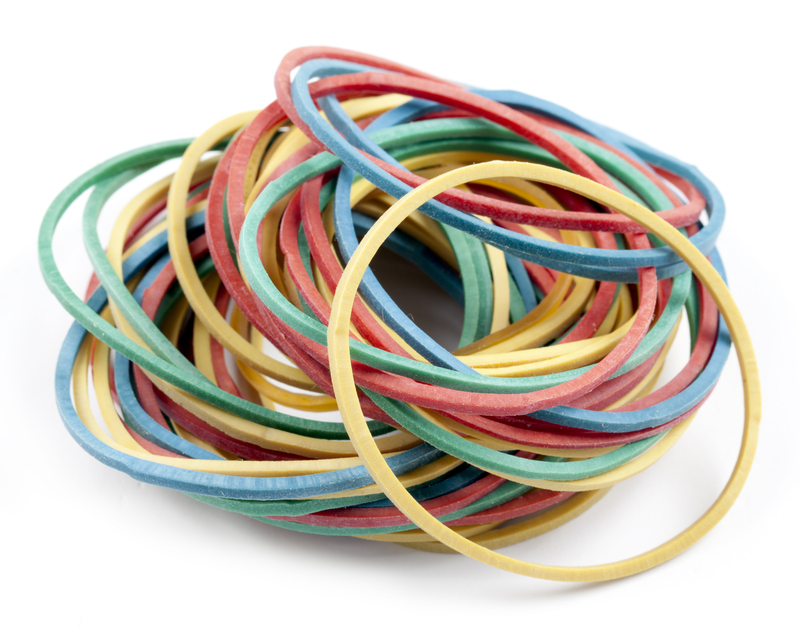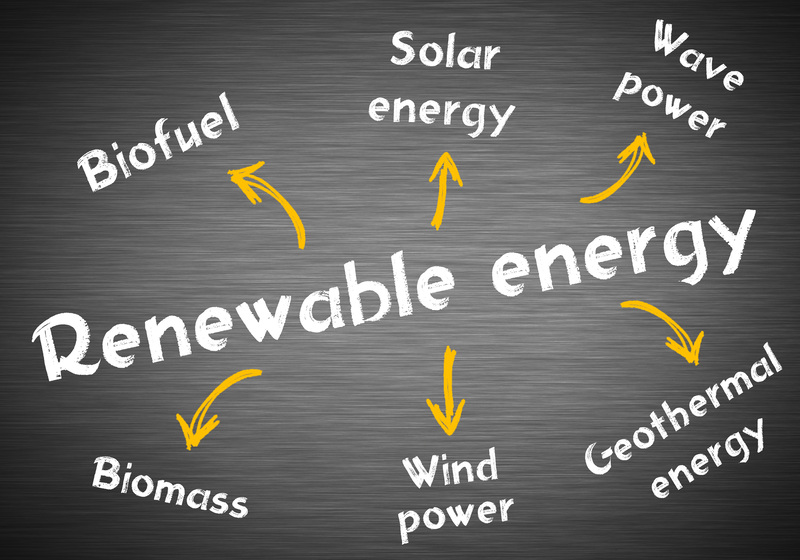Exploring Donation Options Before Disposing of Pots and Pans
Before tossing your unused or gently-used pots and pans into the trash or recycling bin, have you considered the value they might bring elsewhere? Old cookware often finds a cherished second life in another kitchen--or even as a creative art or gardening project! Exploring donation options before disposing of pots and pans not only protects the environment but also extends a helping hand to others. Let's take a closer look at why, how, and where you can donate your unwanted cookware, ensuring it benefits someone in need and contributes to a more sustainable world.
Why Donate Old Pots and Pans?
Each year, millions of pounds of metal cookware wind up in landfills, contributing to environmental waste. Donation offers a practical and impactful alternative. Here are some compelling reasons to choose donation before disposal:
- Environmental Benefits: Reusing pots and pans reduces landfill waste and minimizes the production demand for new cookware.
- Social Impact: Many families and organizations lack basic kitchen equipment. Donating cookware can make a tremendous difference in their daily lives.
- Decluttering with Purpose: Freeing up kitchen space feels even better when your unused items are put to good use elsewhere.
- Tax Deductions: Charitable donations may offer you valuable tax advantages. Always request a donation receipt.

Assess the Condition: Is It Suitable for Donation?
Before you pack up your old pots and pans for donation, evaluate their condition. Donation organizations typically accept items that are:
- Clean and free of heavy grime or burnt residues
- Free from severe rusting or holes
- Structurally sound with intact handles and lids
- Safe to use--no flaking nonstick coatings or sharp broken parts
If your cookware doesn't meet these criteria, some scrap metal recyclers or art programs may still accept your items for alternative uses.
Where to Donate Pots and Pans: Local and National Organizations
There are a variety of places to donate your cookware, each with different missions and needs. Here's an overview of popular donation options for pots and pans:
1. Thrift Stores and Charity Shops
- Goodwill: With locations nationwide, Goodwill accepts gently used kitchenware to fund job training and placement programs.
- Salvation Army: Their thrift stores often accept cookware to support community outreach efforts.
- Habitat for Humanity ReStores: Some locations accept kitchen items, including pans and pots, to provide affordable goods and fund housing projects.
2. Local Food Banks and Shelters
- Community shelters and food pantries often welcome cookware for meal prep in their communal kitchens or to distribute to families in need.
- Some women's refuges or halfway houses have ongoing needs for basic kitchen supplies.
3. Faith-Based and Nonprofit Organizations
- Churches, synagogues, and mosques sometimes run programs to equip low-income households with kitchen essentials.
- Organizations assisting refugees or the formerly homeless often distribute donated cookware to help people set up new homes.
4. Environmental and Reuse Centers
- Certain environmental centers will accept pots and pans as part of household goods recycling or repurposing initiatives.
- Creative reuse centers may pass cookware along to artists, educators, or community gardeners (for seedling planters or tool holders, for example).
5. Online Giving Platforms
- Freecycle: Post your available cookware for local giveaway to someone who will use them.
- Facebook Marketplace & Community Groups: Offer items free of charge in "Buy Nothing" or "Free Stuff" groups.
- Craigslist: List unwanted items in the "free" section.
Specialty Donation: Supporting Vulnerable Populations
When considering where to donate old pots and pans, think about specialized organizations that assist vulnerable populations:
- Transitional Housing Programs: These often help people moving from homelessness or domestic abuse situations and may require full sets of cookware.
- Immigrant and Refugee Support Centers: Setting up a new life in a foreign country is challenging, and donated kitchenware is hugely helpful for families starting from scratch.
- College Student Assistance: Some universities have "free stores" or pantries for students who lack basic household necessities.
How to Prepare Pots and Pans for Donation
Putting in a little extra effort goes a long way! Here's how to ensure your donated cookware is truly ready to use and welcomed by any organization:
- Wash thoroughly and remove any lingering food debris.
- Scrub away stains, paying special attention to handles and lids.
- Check that screws/handles are tightened and lids fit properly.
- Bundle matching sets together (use eco-friendly twine or reusable shopping bags if possible).
- Label items with sizes or material types for convenience ("Stainless Steel 3-qt Saucepan").
Alternatives if Donation Is Not an Option
If your old pots and pans are too worn for direct reuse, consider these sustainable disposal alternatives:
- Scrap Metal Recycling: Many municipalities accept metal cookware (aluminum, copper, stainless steel) at recycling centers--remove plastic handles or glass lids first.
- Creative Repurposing: Turn dented pots into garden planters, storage containers, or even quirky bird baths.
- Community or School Art Programs: Some art teachers welcome interesting shapes and materials for sculpture projects.
Benefits of Donating Pots and Pans
Choosing donation as your primary method for disposing of old cookware has multiple advantages:
- Keeps Usable Items in Circulation: Someone else may find exactly what they need in your old kitchenware.
- Reduces Resource Extraction: The longer products stay in use, the fewer resources are needed to manufacture new equivalents.
- Fosters Community Caring: Goodwill and charity shops rely on such donations to fund vital programs, multiplying your positive impact.
- Inspires Others: Sharing your donation journey can motivate friends and neighbors to do the same, building a more generous and sustainable society.
Tips for a Successful Donation Experience
- Call Ahead: Verify that the organization is currently accepting kitchenware donations and clarify any requirements.
- Package Safely: Wrap fragile lids or handles in cloth or paper to avoid breakage during transport.
- Document It: For potential tax deductions, keep a detailed itemized list and ask for a receipt.
- Share Your Story: Inspire others by posting before-and-after photos or stories on social media using hashtags like #CookwareDonation or #SustainableKitchen.

FAQs About Donating Pots and Pans
What types of pots and pans are most sought after for donation?
Most organizations prefer basic, functional cookware: saucepans, skillets, baking sheets, and stockpots. Matching lids, oven-safe items, and stainless steel or cast iron are especially welcomed due to their longevity.
Are nonstick pans accepted for donation?
Gently-used nonstick pans are sometimes accepted, but items with severely scratched or peeling coatings may be declined due to health and safety concerns.
Can I donate damaged or mismatched cookware?
Minor wear is usually not a problem if items are clean and functional. Severely damaged, warped, or incomplete sets may be better suited to metal recyclers or creative reuse centers.
Is there a best time to donate?
Donations are appreciated year-round. However, demand spikes during the holidays or back-to-school periods for student aid programs.
Conclusion: Make Your Old Cookware Matter
Instead of throwing away your unwanted or unused pots and pans, explore the many donation avenues available locally and nationally. By donating your cookware before disposing of it, you keep valuable resources in the community, reduce waste, and extend a hand to those who need it most. Take the extra step to assess, clean, and thoughtfully choose the best organization or recipient for your items. The ripple effect of such simple actions--a gift of a sturdy saucepan or a classic skillet--can truly enrich other households and foster a more sustainable, caring society.
Let's rethink not just what we cook, but what we do with what we no longer need in our kitchens. The next time you're about to toss an old pot or pan, remember: exploring donation options before disposing is a recipe for positive change!